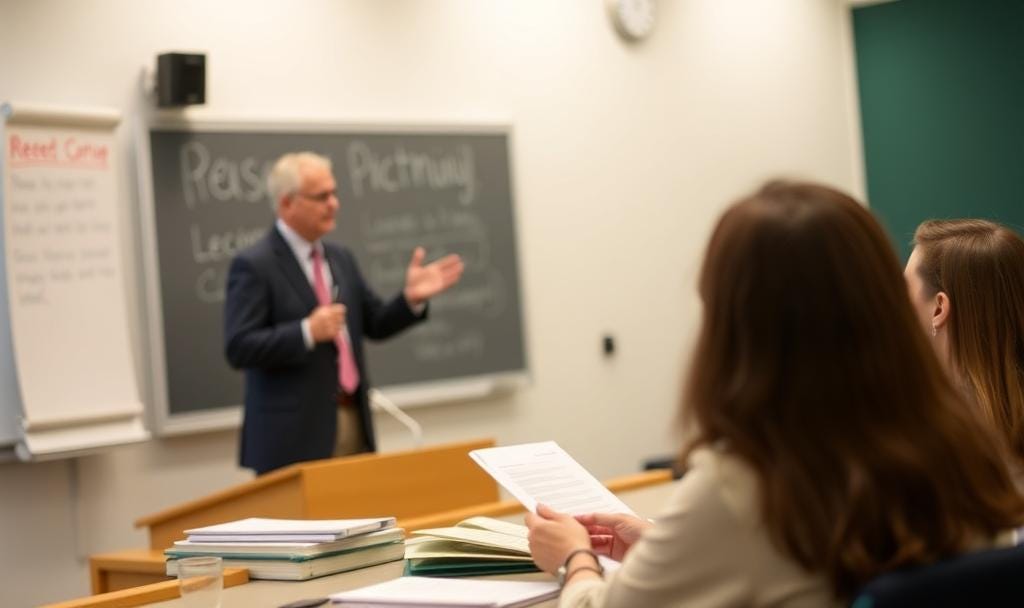Theory has been the realm of significant progress throughout history. Every great invention, system of government, philosophy, etc. began as a theory. There is little doubt that theory is one of the marks of the human genius, since we alone are able to make abstractions. However, theory carries a certain danger with it. Because theory is an abstraction it always has the possibility of becoming disconnected from reality. When it becomes disconnected from reality the consequences are often dire. If theory is connected to reality then it is also subject to feedback from reality. In other words, it is subject to falsification. Suppose a man thinks that it is possible to fly. If he goes onto a roof and walks off then he quickly finds that reality is not as he supposed.
Unfortunately, not all theories are so easily subjected to reality. Oftentimes, theories are isolated from reality by moving the predictions. This can be seen in cases like the many Malthusian predictions that we have all heard from population and climate alarmists over the years. Famously, and perhaps somewhat controversially, the early response to COVID-19 suffered the same problem. The “two weeks to slow the spread” theory turned into a months-long lockdown with hardly any acknowledgement at the time that the theory was wrong. When theory becomes isolated from reality it becomes ideology. Aleksandr Solzhenitsyn spoke of the horror of ideology in The Gulag Archipelago when he said,
Ideology—that is what gives evildoing its long-sought justification and gives the evildoer the necessary steadfastness and determination. That is the social theory which helps to make his acts seem good instead of bad in his own and others’ eyes, so that he won’t hear reproaches and curses but will receive praise and honors.
Further, in his book Crime and Punishment, Dostoevsky shows us the hideousness of theory divorced from reality in Raskolnikov. He is so caught up in his theory of the world that he struggles to face the reality of the crime he has committed. Ultimately, theory divorced from reality makes the worst of evils permissible simply because the evildoer need not confront reality.

The Ideology of Man and Economics
Socialism is an illness, which has devastated many societies in the last century, that represents theory disconnected from reality. On the economic side, central planning suffers from this problem. In theory, central planning appears to be tenable. A group of well meaning experts get together and decide the best allocation of resources for the community. Setting aside the questions of subsidiarity and corruption, in reality, central planning is impossible. Leonard Read’s essay I, Pencil exposes the absurdity of central planning by simply detailing the journey of a pencil through its manufacturing process. If the individuals involved in the making of something as simple as a pencil cannot fully understand the entire process, then how can we expect that an entire economy can be understood by a group of experts. One of the reasons this theory can so easily turn into an ideology is because the central planners are almost never the ones to suffer from their lack of knowledge. For example, in the Soviet Union there were issues with wheat production that were hidden by the government in order to protect the reputation of their central planning system. It is almost guaranteed that the central planners themselves were not the ones to suffer the consequences of the underproduction.
The Model Says…
Another area that theory divorced from reality has affected is modeling. Many of the researchers who work with models fail to recognize what a model actually is. A model is not merely a mathematical construct. It is a representation of reality. This view is lost, however, when one only focuses on the theory behind a model. The theory behind a model being correct does not make the model correct. In fact, all models are wrong, it is just the case that some are useful. Especially with the advent of AI and machine learning tools, models are more easily abused because people assume that as long as they use the “right” model the answer will be meaningful. This is not the case. What makes a model’s results meaningful is dependent on how good of a representation of reality that the model is. This is determined by the validity of the assumptions made by the modeler. The modeler must be open to feedback from reality or else the model just becomes a surrogate for ideology.
Avoidance of Reality
In the end, this comes down to a question of what reality is. Is reality optional? How far can a person insulate themselves from reality? Reality can only be avoided for so long. Eventually, every person must confront it. The most stark reminder of this is the reality of death. Kings and peasants are equal in the graveyard. No one can escape reality. Now, the question becomes what should our response to this fact be? As talked about in a previous post, there is good reason to think the best response is acceptance. Beyond conversations about reality in general, we should bear in mind that human nature is as immutable as reality itself. We may wish to change it, but that is like wishing the law of gravity to no longer exist. As the Roman poet Horace said, “You may drive out nature with a pitchfork, yet she’ll be constantly running back.”
